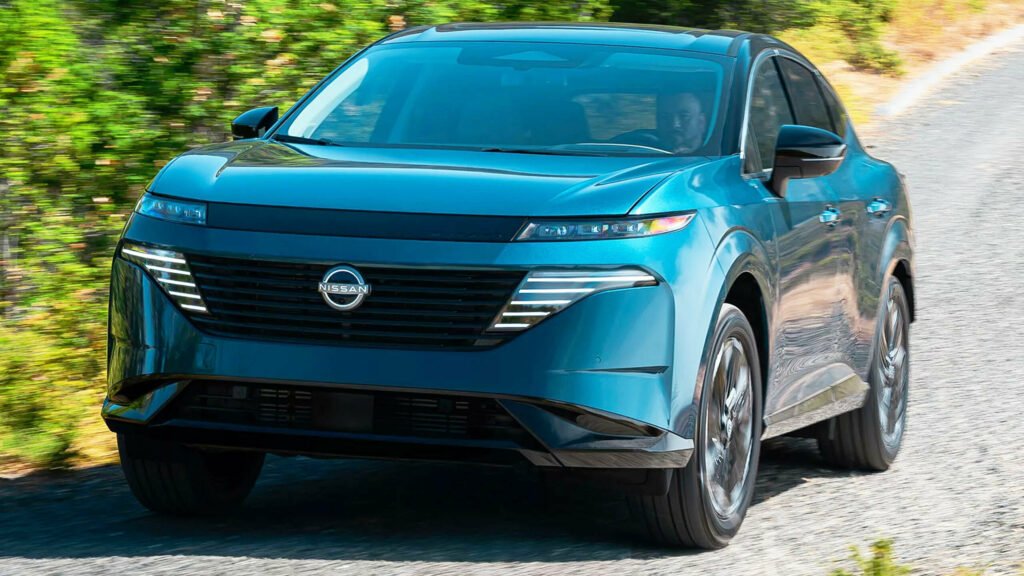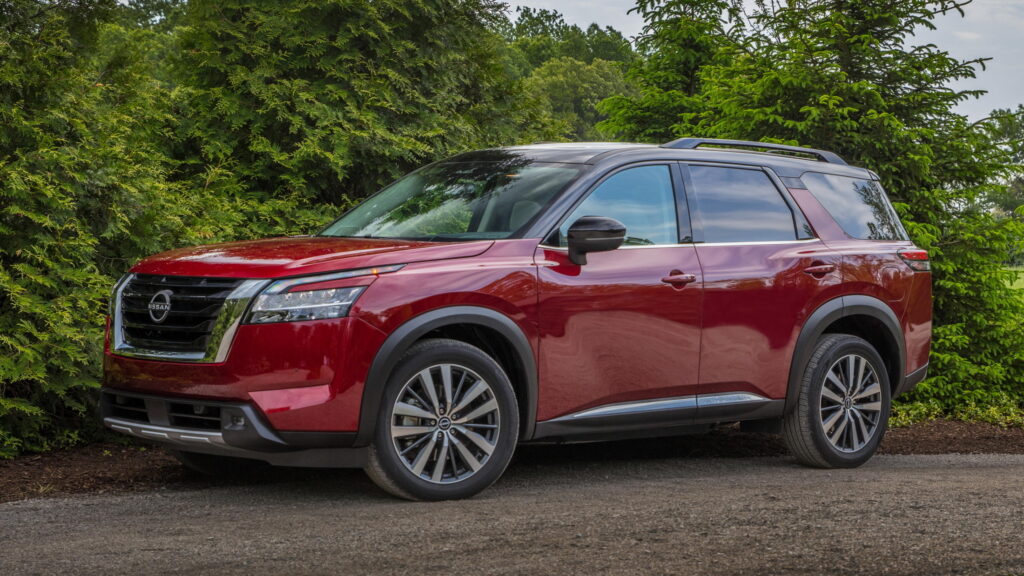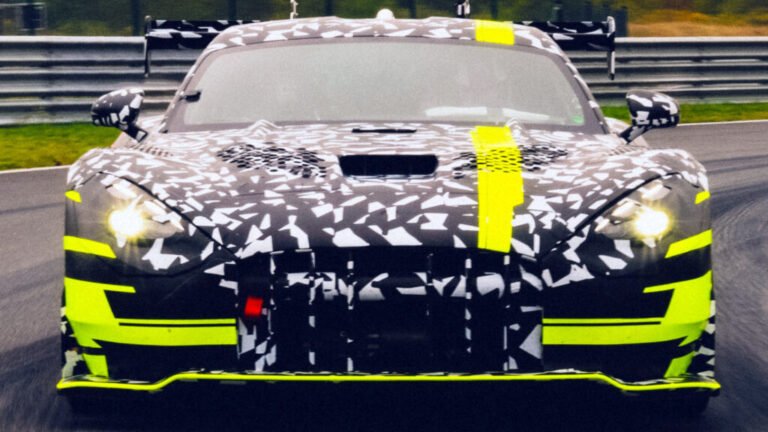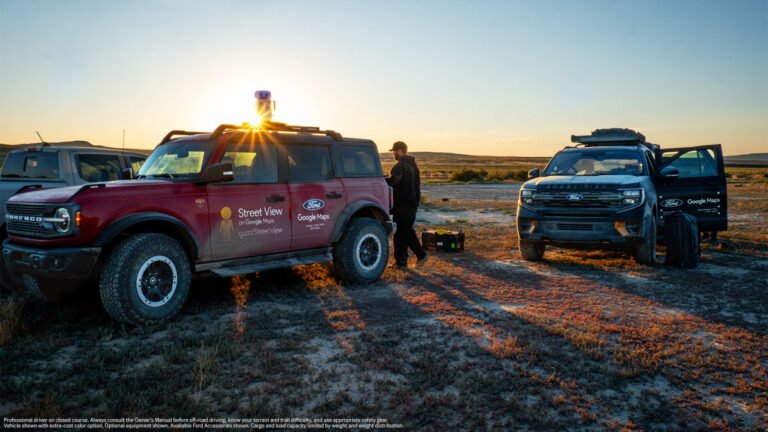

- Nissan is exploring exporting American-built SUVs to Japan.
- Plan aims to support Tennessee output and ease trade tensions.
- Both models need feasibility studies for demand and approval.
It’s not only Toyota looking across the Pacific for inspiration. Nissan, too, is weighing the idea of selling some of its American-built models in Japan, a move that would not just please President Donald Trump but also keep its US factories busier.
The plan is still in the exploratory stage, but it signals a potential shift in how Nissan balances its global production footprint.
Read: Japan’s Bizarre Plan To Impress Trump Before Visit Involves Ford
In a statement, Nissan acknowledged that it “sells many attractive models in the US, some of which are well-suited to Japan’s road conditions.” It added that it is “carefully assessing Japanese customer needs and exploring the possibility of importing these vehicles into Japan.”
What’s Under Consideration
Nissan’s chief technology officer, Eiichi Akashi, pointed to the Murano and Pathfinder as the two models most likely to reach Japanese showrooms. Both are currently built at Nissan’s plant in Smyrna, Tennessee, a major production hub for the brand’s North American operations.
However, it won’t be as easy as Nissan executives simply signing a few documents to have its US-built models make their way to Japan.
According to Auto News, Nissan will first need to conduct feasibility studies to gauge local demand for SUVs like the Murano and Pathfinder. The company must also factor in exchange rates and the cost of meeting Japan’s safety certification requirements

A further complication lies in the Murano’s production setup. It’s currently built only in left-hand drive at the Tennessee facility, while Japan is a right-hand drive market.
The Pathfinder, on the other hand, already rolls off production lines in both configurations, making it a more practical candidate for Japanese import.
Helping Trade Tensions
The timing of Nissan’s review isn’t accidental. Japanese carmakers and the government have spent much of the year looking for ways to cool trade tensions with Washington. In July, the two nations agreed to cut automotive tariffs from 27.5 percent to 15 percent, offering a small step toward balance.
More: Toyota’s Plan For Japan Sounds Like A Gift Wrapped Just For Trump
However, there’s still hope that during President Trump’s ongoing visit to Japan that even lower tariff rates can be agreed to.
A plan from Nissan to start exporting vehicles made in the US to Japan could prove to be an important way to convince Trump that Japan is serious about buying more American cars.

Sources: Auto News


